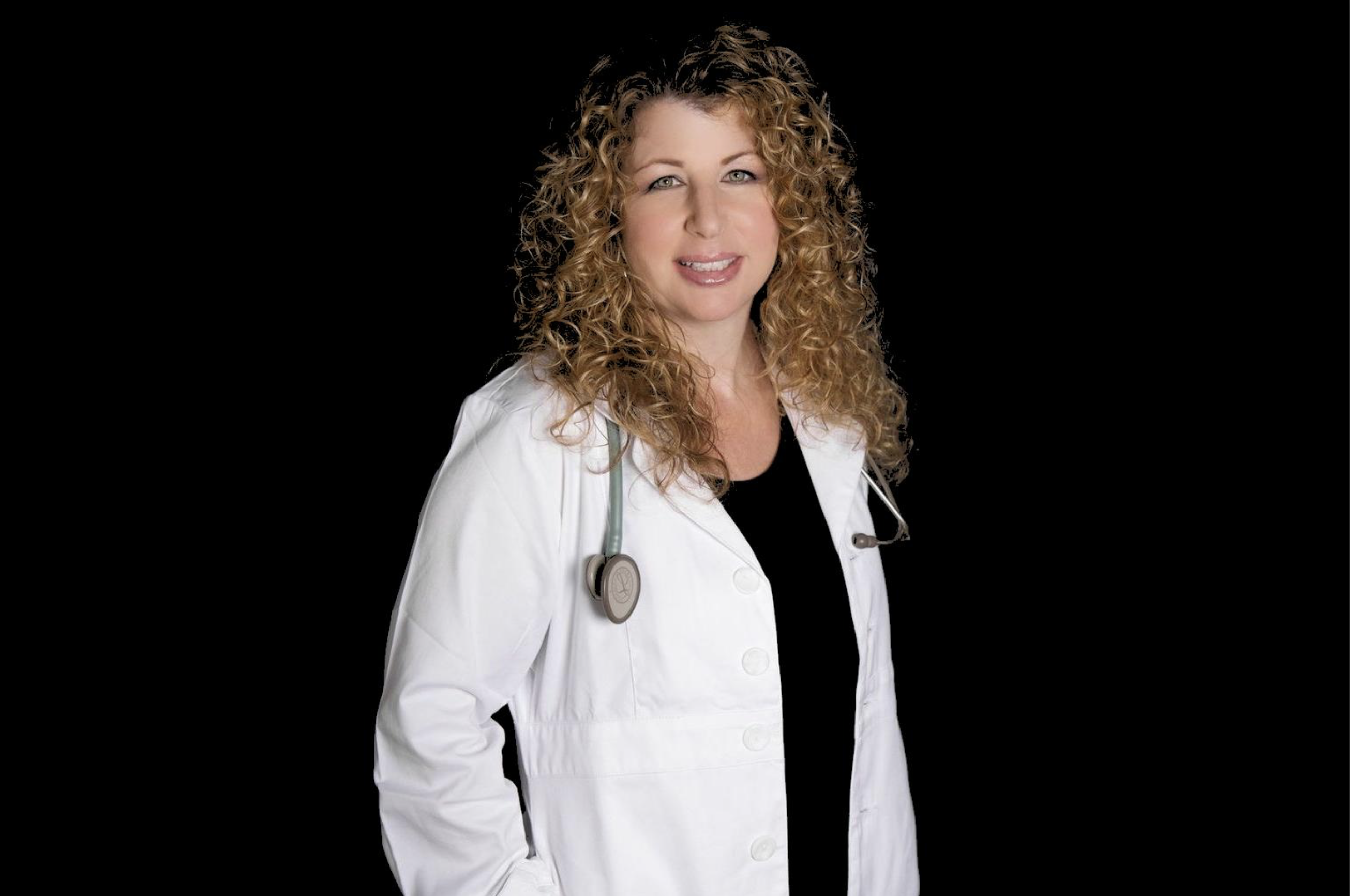Cannabis and Seizure Disorder
One of the most studied conditions for cannabinoid treatment is seizure disorders, including epilepsy. Cannabidiol (CBD) has been extensively studied and is now considered an acceptable and effective treatment for intractable epilepsy, with a favorable safety profile. Multiple randomized controlled trials have shown that CBD can significantly reduce seizure frequency, severity and duration. Beyond seizure control, studies suggest that CBD may also improve alertness, behavior, and quality of life for those struggling with seizures. Other cannabinoids, such as cannabidivarin (CBDV), show promise as anticonvulsants and may improve benefits in combination regimens.
Ong, Marjorie Jia Yi, et al. "The use of cannabidiol as adjunctive therapy in adult patients with drug-resistant epilepsy: a systematic review and meta-analysis." Therapeutic Advances in Neurological Disorders 18 (2025): 17562864251313914.; da Silva Rodrigues, Douglas, Adria Santos Bastos Soares, and Claudia Dizioli Franco Bueno. "The use of cannabinoids in children with epilepsy: A systematic review." Epilepsy & Behavior 145 (2023): 109330.
